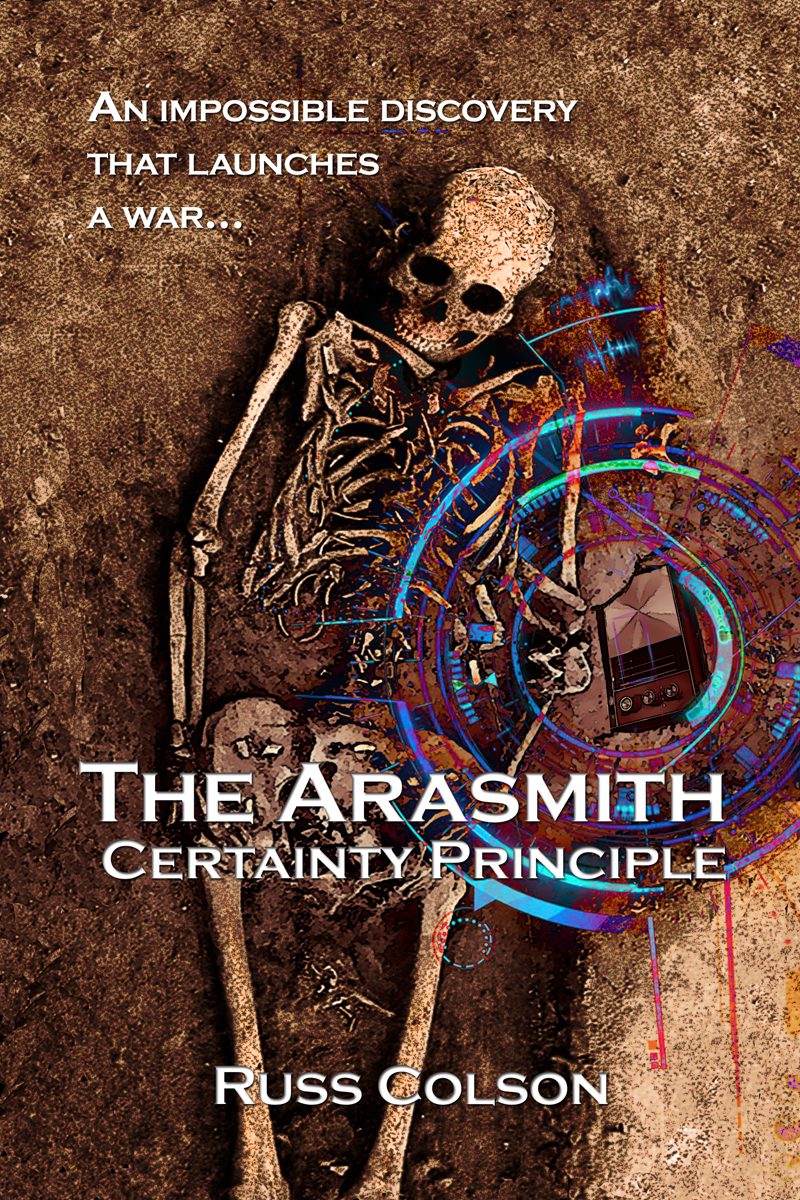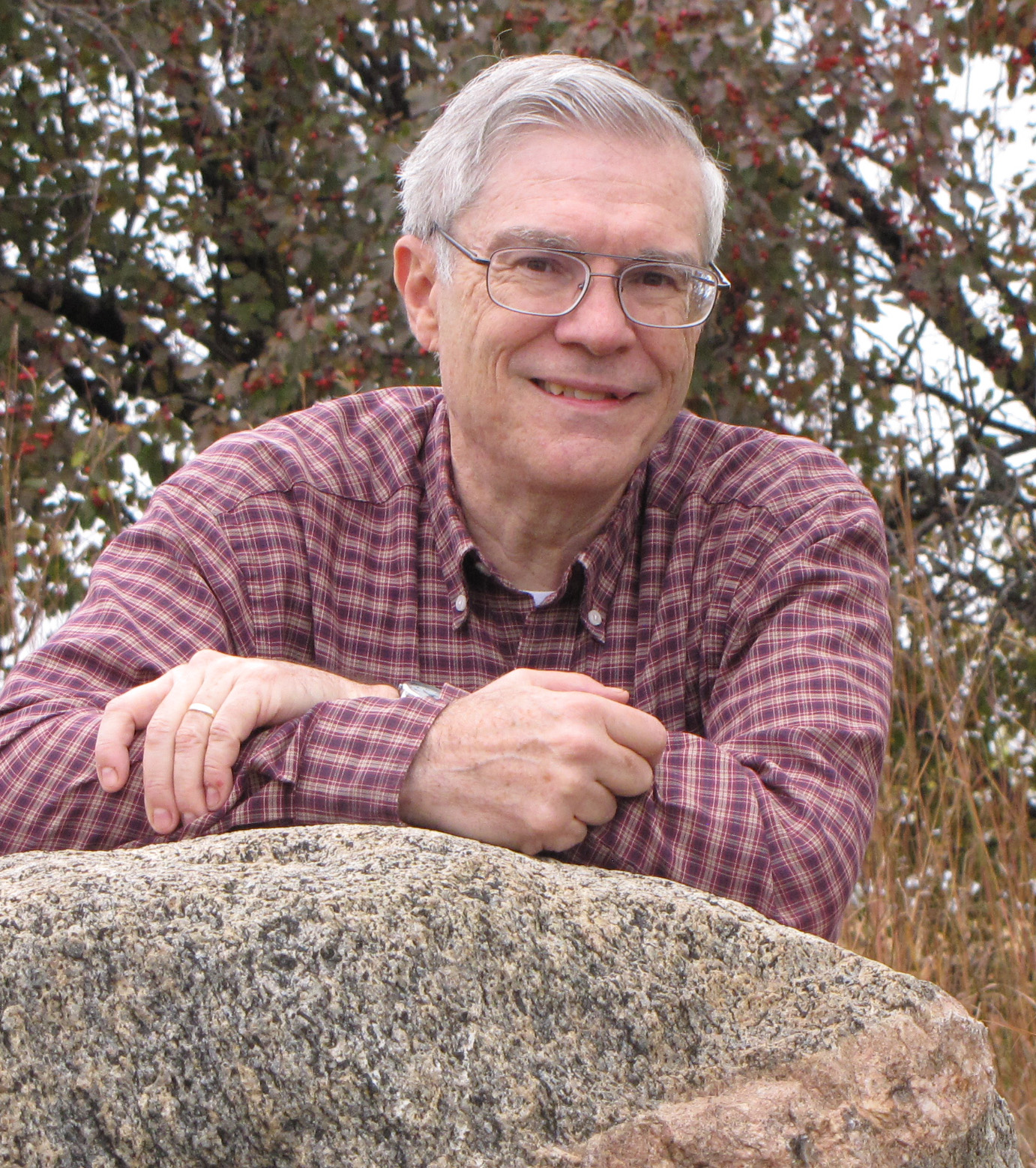
After the publication of my science fiction adventure, The Arasmith Certainty Principle, I blogged an answer to the question “Why do I write?” To answer the more specific question “What kind of stories do I want to write,” I have to start by thinking about what good science fiction does.
Good science fiction exposes human foibles!
Some science fiction writers have the ability to explore the problems and challenges in our present society, defusing our inherent tendency to take ideological sides by placing the story in a galaxy far, far away, or perhaps in another time or situation. For example, right now I’m reading the book The Calculating Stars by Mary Robinette Kowal, a science fiction book that explores issues of racism, sexism, and religious prejudices within the context of a global catastrophe taking place in a revisioned past. I am finding the insights into our present social challenges to be sensitive to the complexity of real-life.
Good science fiction offers hope that we can escape our foibles!
What I like best about The Calculating Stars is not simply the portrayal of human foibles—the worst of what we are—but rather its promise that we can overcome those foibles and become the best that we can be. Through the actions of the protagonist and others, the world of The Calculating Stars changes to become more open to the contributions of all people, regardless of sex, race, or religion. They come closer to becoming the best that they can be. That’s what I want to give away with my own writing—my hopes for the best of what we might be. I like for my stories to show, in the end, an optimistic belief that people can choose to do good even when they are afraid of what they might lose.
Although, not everyone escapes their foibles…
I ran the idea about my optimistic intentions in writing past my brother recently who immediately responded: “But the Senator (the bad guy in The Arasmith Certainty Principle) doesn’t show the best of what people might be!”
“But, he’s wanting to do good,” I protested.
“That’s what makes him so scary,” my brother said.
Yeah, I can’t quite portray a pathway toward the best of what we can be with without some excursion into the worst of what we are. Even in The Calculating Stars, not everyone ‘gets it’ by the end of the story.
But, good science fiction shows the way
Seeing our foibles portrayed in fiction, such as in my own writing or in The Calculating Stars, is an essential step toward finding a way to act better. The antagonists who don’t ‘get it’ are a necessary element to help us see the flaws in ourselves and to motivate us to try to be better. We don’t live in a Polyanna world, and such a world might not make for a very compelling story anyway, but we don’t need to live in a Polyanna world to believe in the Polyanna possibility that we can do better, be better. The key takeaway from the Senator in TACP is not his terrible capacity for evil, but rather his core wish to do good, and the choices he makes that either help or hinder that goal. Likewise, when my protagonist, Jen, struggles to overcome her own fears and prejudices and find friendship and love, the key takeaway is not the frightening uncertainty in our relationships, but rather the belief that in finding courage to pursue those relationships, as Jen does, we find in ourselves the best of what we might be.
I hope that there is a least a little bit of the courage to pursue the best of what we might be in The Arasmith Certainty Principle. Feel free to check it out and see what you think!
About Arasmith Certainty Principle (Purchase your copy here).







A good post, Russ!
Thank you William!
Russ C.
I want to use this opportunity to appreciate Dr Ekpen for the good work that his doing around the world, many of you must have ahead of him and what his doing. The reason why I'm appreciating him on this site is because maybe someone out there is facing the same challenge and he/she don't know what to do next to fix the issue, Dr Ekpen is a great spell caster and friendly also, if you have problem in your relationship you can contact him right way and he will be clad to help you out. Contact him now via email at ekpentemple[at]gmail.com or on whatsaap +2347050270218.